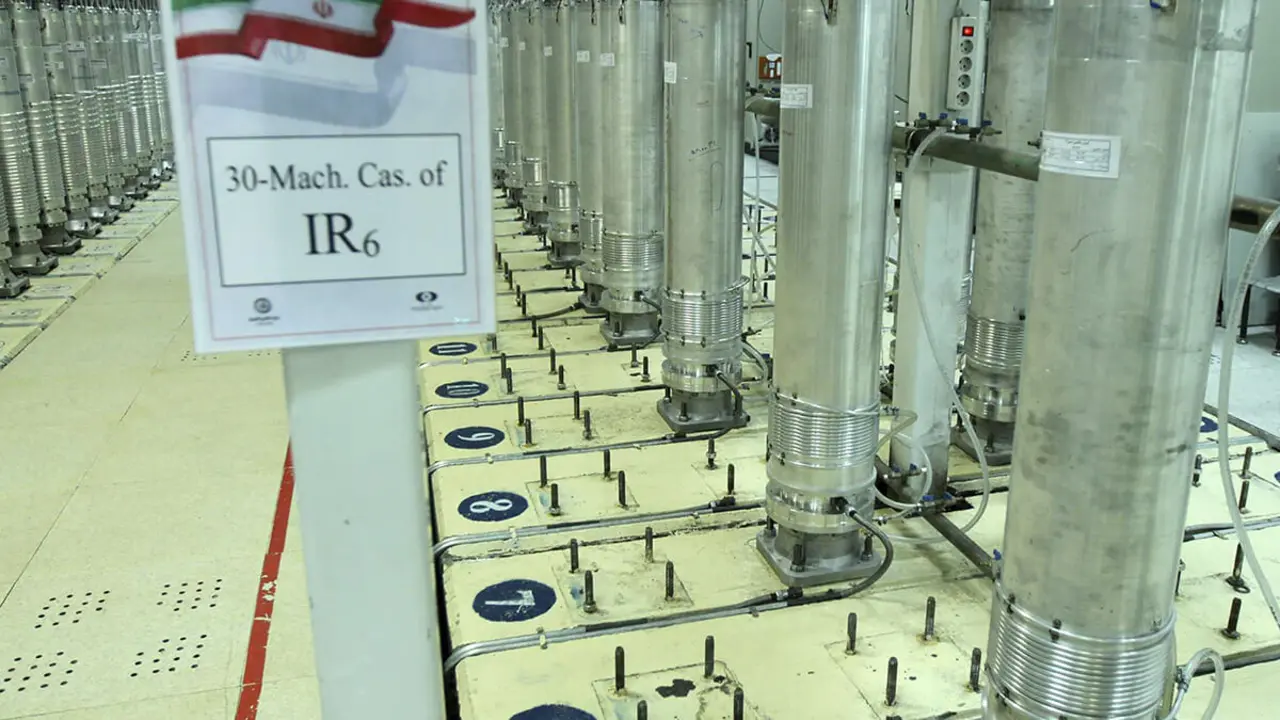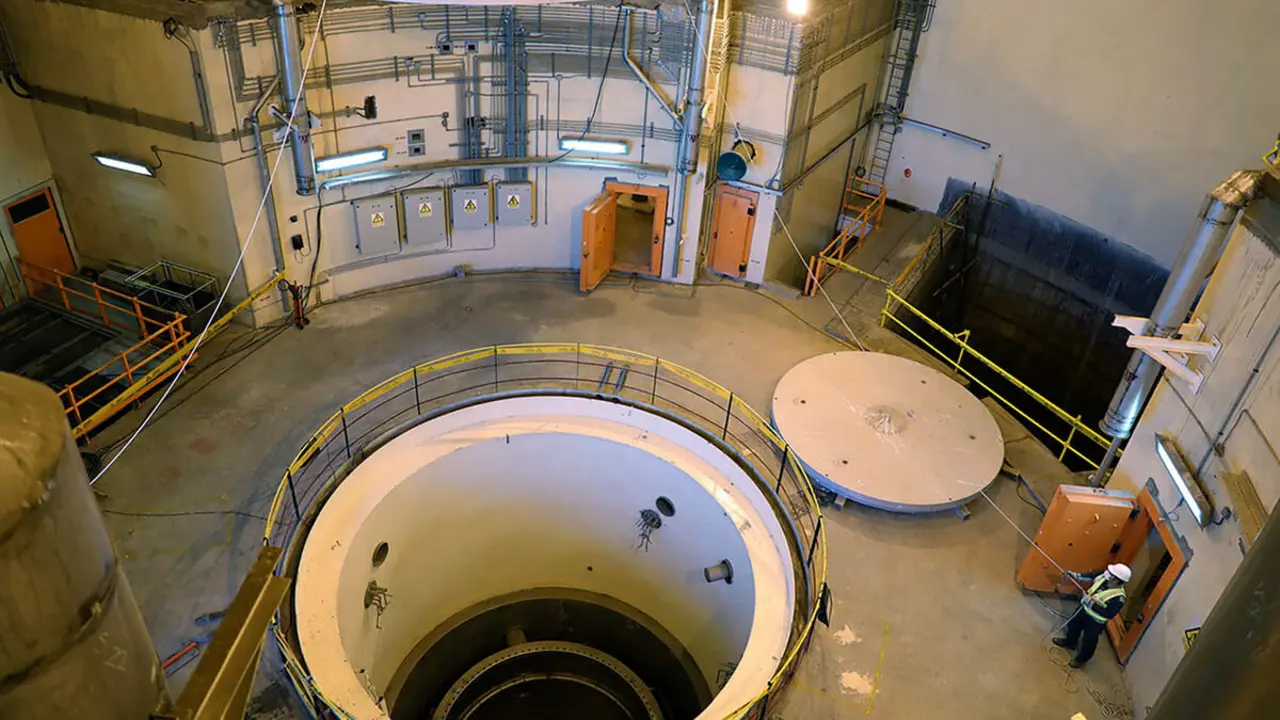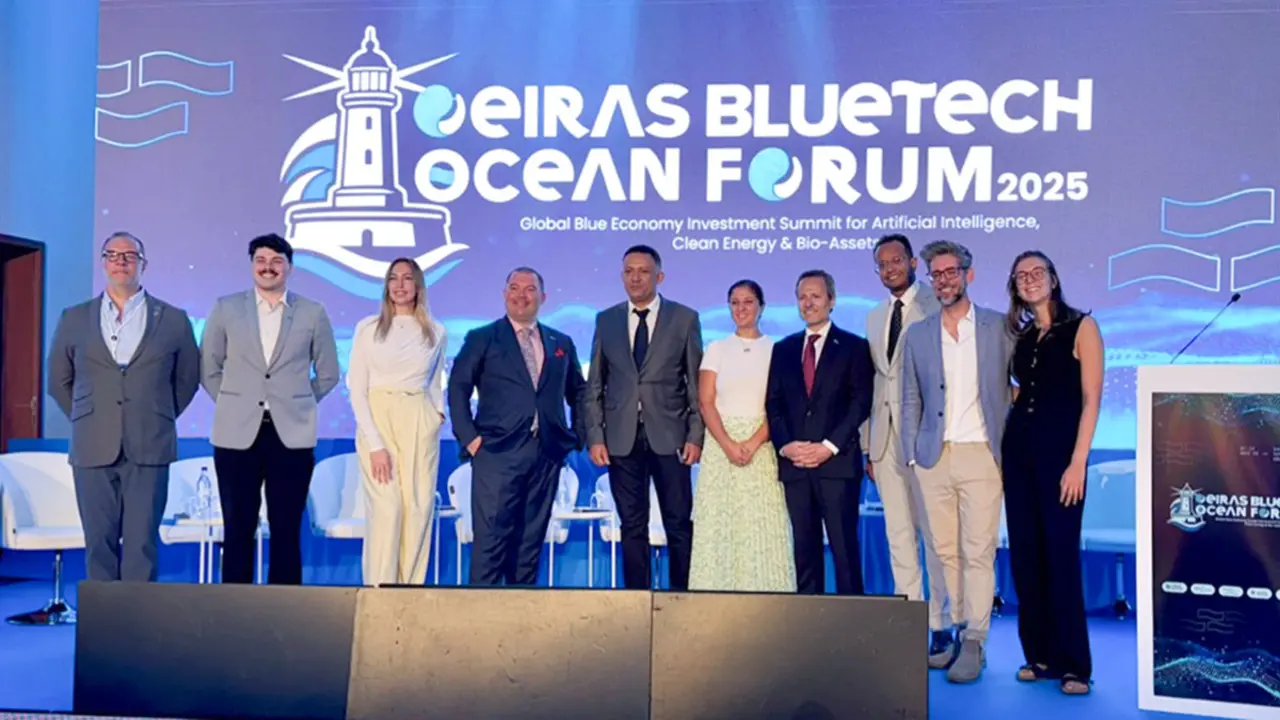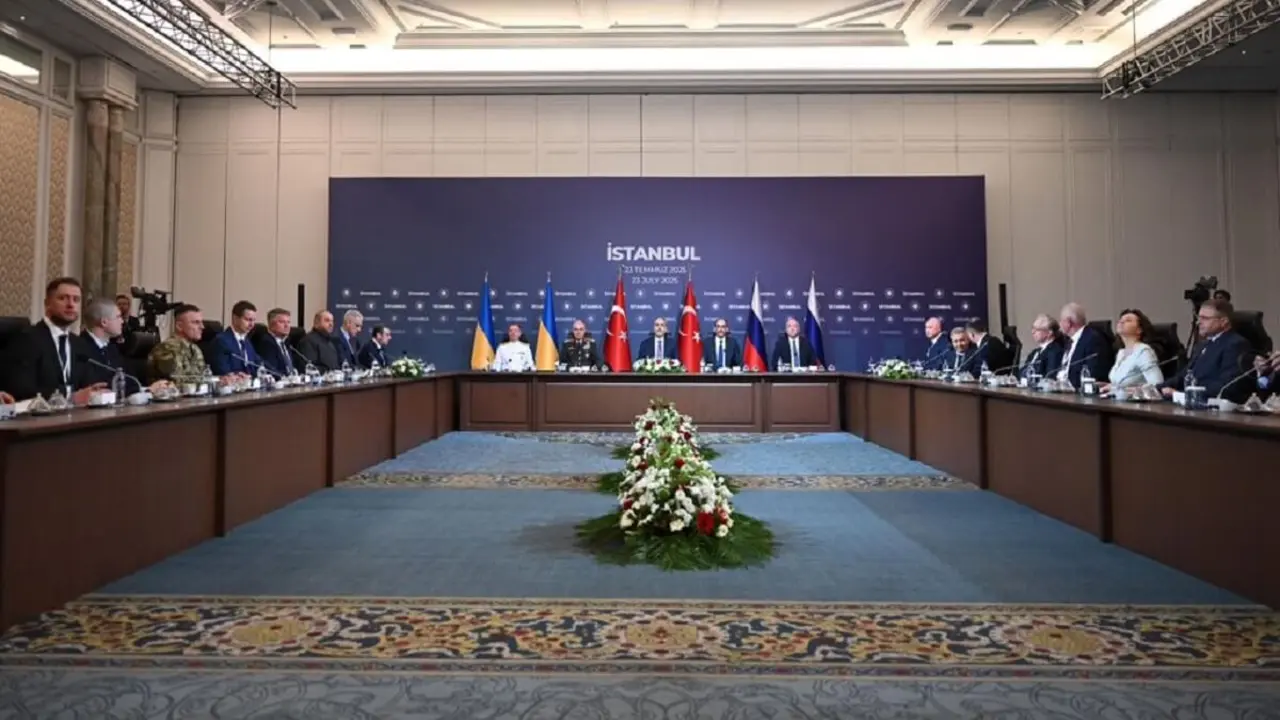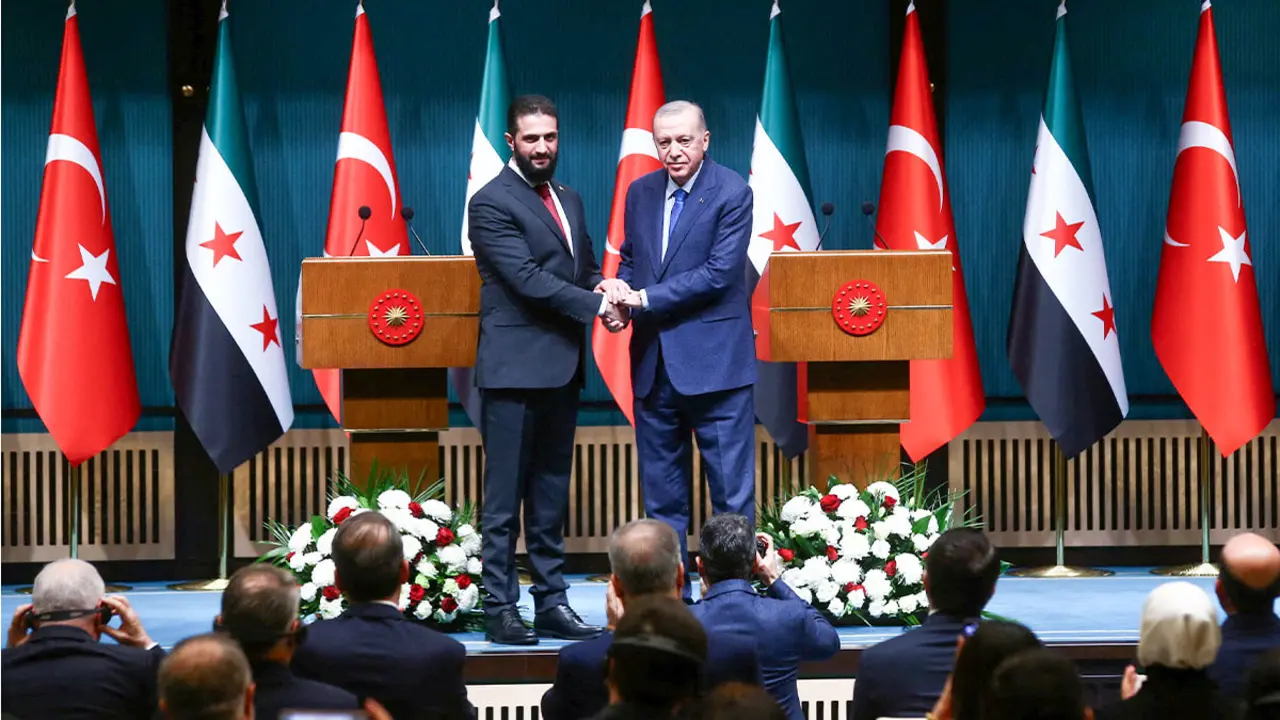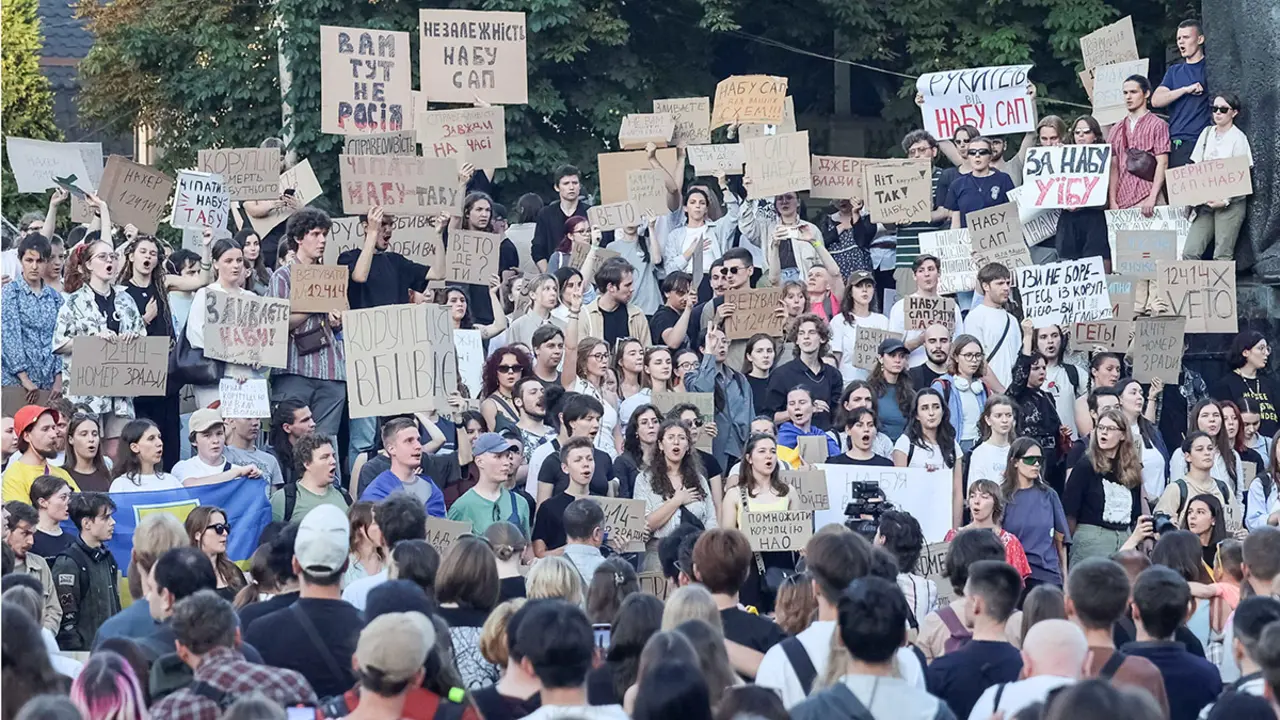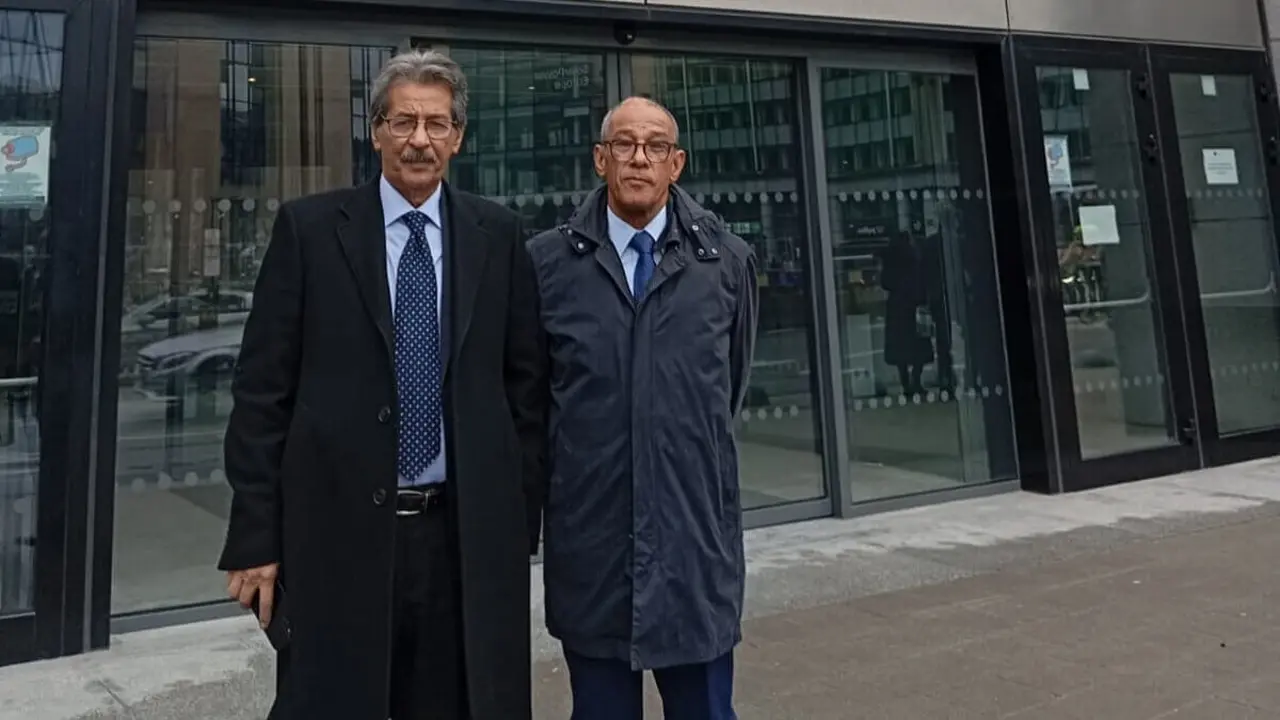What future for Algeria's claims in Mediterranean waters?
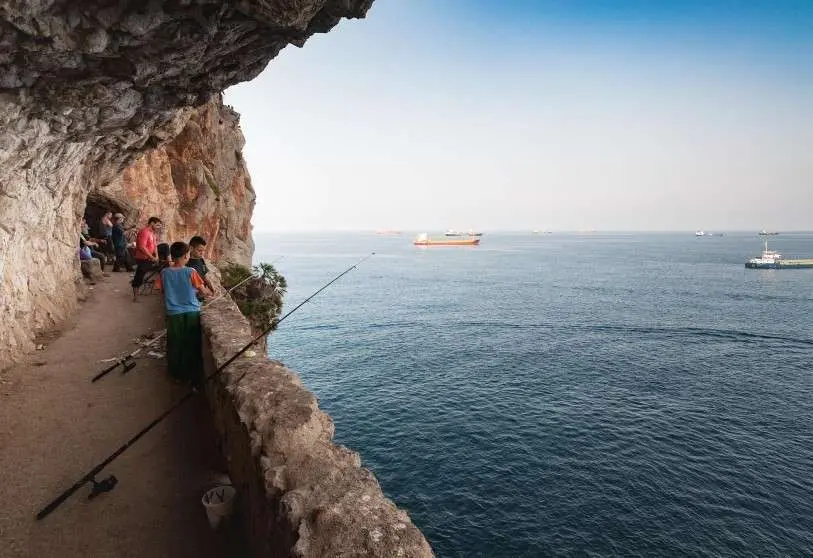
The last country to establish its exclusive economic zone (EEZ) in the eastern basin of the Mediterranean was Algeria. In 2018 and not without controversy, presidential decree 18-96 issued by the Tebboune cabinet brought turbulence to the waters of the Mediterranean.
Algeria unilaterally claimed Mediterranean waters corresponding to Spanish and Italian EEZs in the latitudes of the Balearic island of Cabrera and Sardinia. European governments responded by rejecting Algeria's claims and expressing their 'no' to the United Nations Secretary General and the International Tribunal for the Law of the Sea.
At a time when Spain and Italy's relations with Algeria diverge completely, what does the future hold for these negotiations, which appear to have been at a complete standstill since 2020?
While Spain has opened dialogue tables with Morocco to settle its maritime disputes, a similar body with Algeria does not yet exist. Nor is it expected in the short to medium term due to the growing tension between the governments of Sánchez and Tebboune following the breakdown of the Treaty of Good Neighbourliness, Friendship and Cooperation due to Spain's change of position on the Sahara dossier.
The main complaint of Spain's permanent delegation to the United Nations lies in Algeria's unilateralism in defining its EEZ, without taking into account the principle of equidistance in the delineation of the boundaries, as well as the lack of precision in the Algerian demand regarding the method used to calculate the defined zone, according to the analysis of Selma Sassi, a researcher at the University of Algiers 1.
The routes presented by the government of Tebboune exceed excessively half of the 160 nautical mile route that separates the Algerian coast from the island of Cabrera, touching the contiguous waters of the Balearic archipelago that extend 24 nautical miles from the island's coast and which represent the ultimate maximum of Spain's absolute sovereignty over the waters surrounding its land.
For its part, Algeria responded that the Spanish delineation of the EEZ, made prior to the Algerian one, did not take into account the norms dictated by the United Nations Convention on the Law of the Sea (UNCLOS) and that it encroached on the EEZ requested by Algeria. According to the map drawn up by the Marineregions.org website, which uses the equidistant line methodology to draw EEZs outside of what is claimed by each country, the EEZ presented by Spain to the United Nations effectively invades the EEZ that Algeria can claim.
For its part, the European Union, through the mapping service of the External Action, also uses the median methodology to delineate the EEZs of member countries.
Possibly for these reasons, both governments hastened to declare to the public, when the Foreign Affairs portfolio was still in the hands of González-Laya, that there was no dispute between the governments and that they accepted the median delineation.
The changes in relations between Madrid and Algiers could bring about changes in this cordial stance and tacit agreement. The economic sovereignty and exploitation of the waters at stake could bring interesting benefits to both sides.
From the Italian side, the situation is similar to that of Spain. The Algerian EEZ presented in the 2018 presidential decree reached the contiguous waters 24 miles off the coast of Sardinia, well above the median drawn by Marineregions.org.

In Italy, the issue is causing controversy on the opposition benches of the government and in the media, who wonder whether Luigi Di Maio's ministry might not have "sold" the waters of the Sardinian island to Algeria, at the request of the energy company Eni, in order to gain Tebboune's favour in the exploitation and exploration of new gas fields, as well as to ensure a good supply of gas from Sonatrach.
Underwater
According to Selma Sassi, hydrocarbon fields in the western Mediterranean were not particularly important or well known until the more recent explorations that largely motivated the wave of EEZs by the basin states. However, there are now important indications that control of the waters is an important asset in regional geopolitics.
Algeria has been particularly active in this regard with off-shore joint ventures between the state-owned Sonatrach with Italy's Eni and France's Total. Sassi concludes that, albeit belated, Algeria's claim to its EEZ may bring considerable benefits to the Algerian state in the future. However, he underlines the dangers that hydrocarbon exploitation in the Mediterranean could pose for the protection of the environment, which is very fragile due to the basin's quasi-enclosed status.

